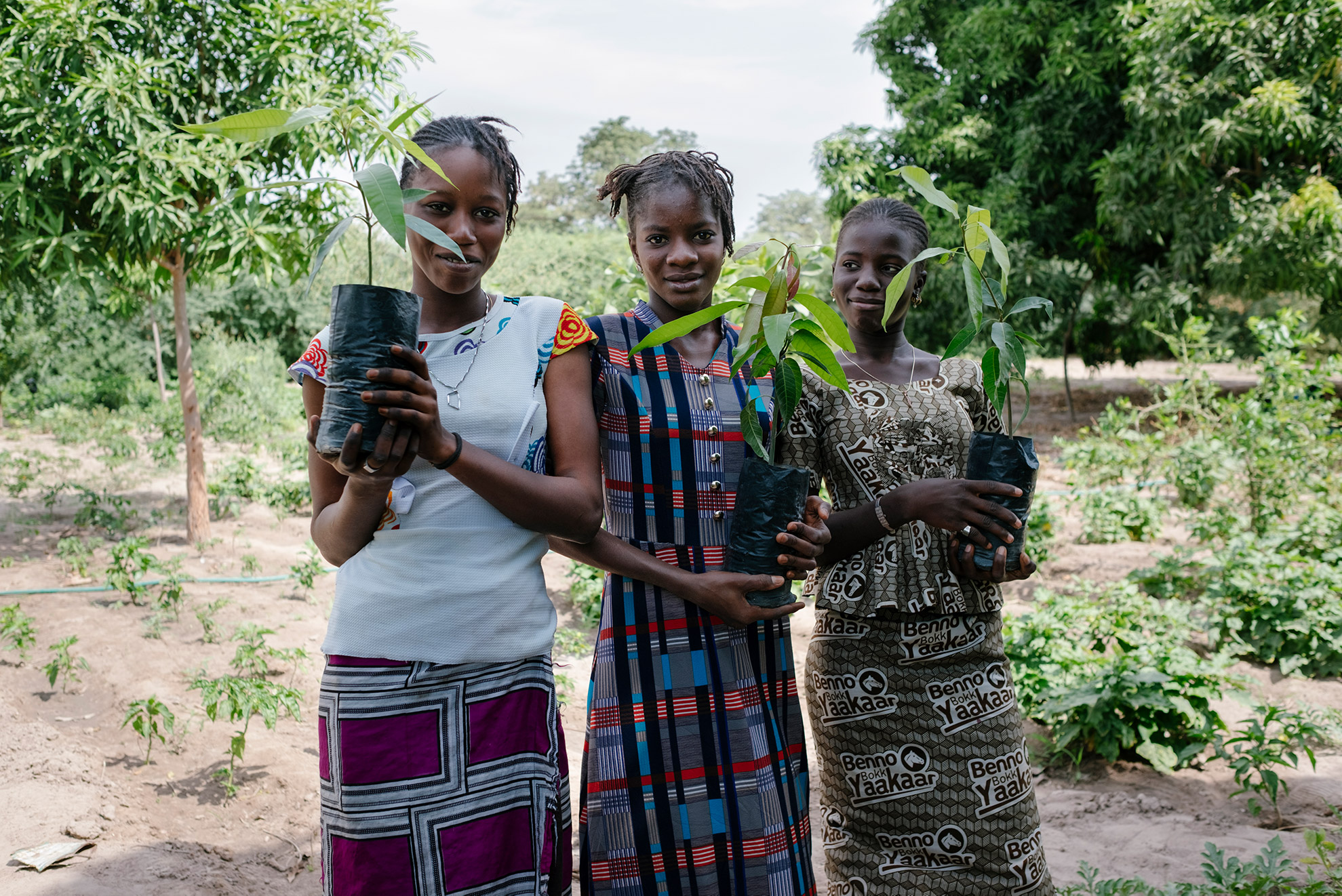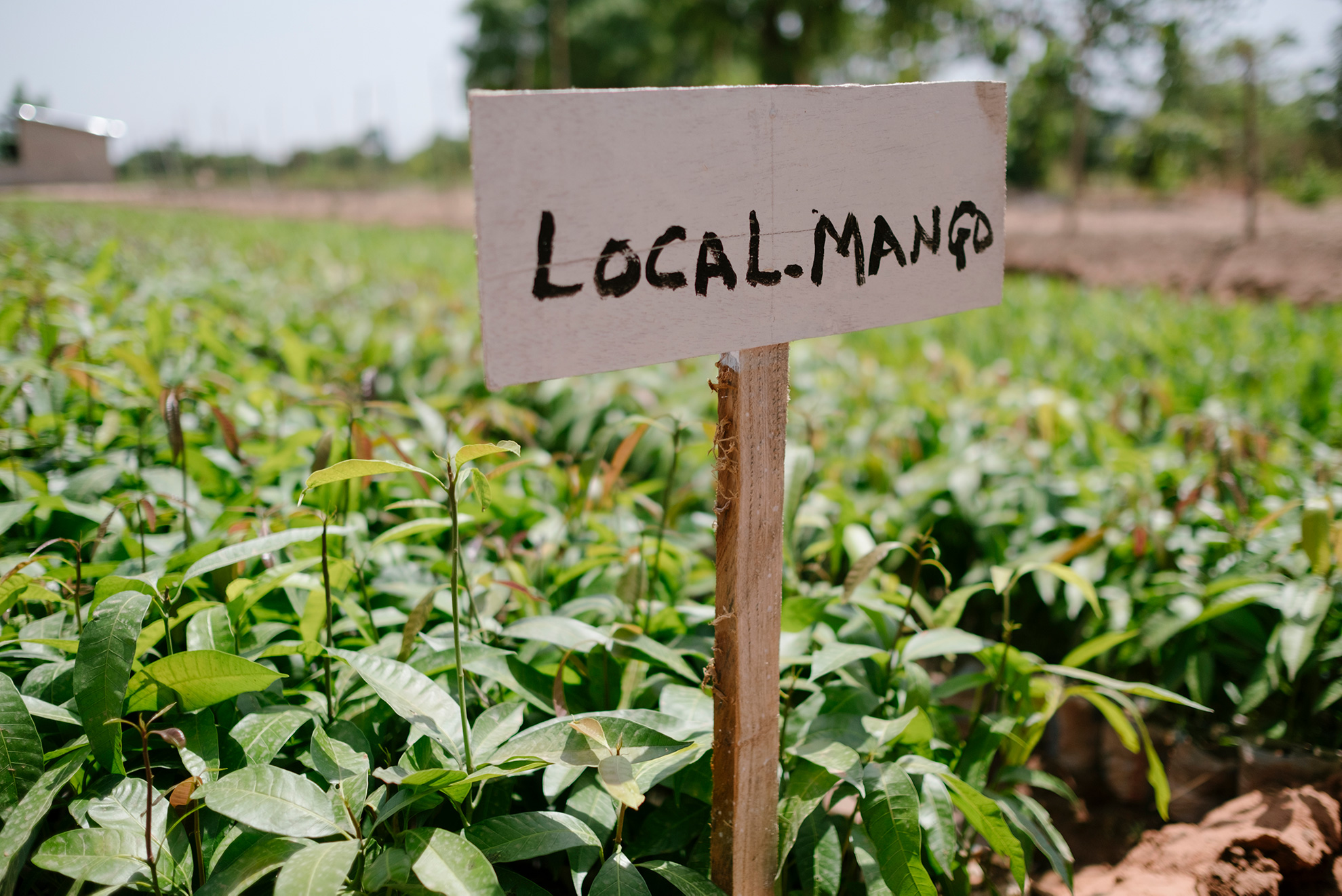

It helps stabilize the local economic and social system, just because people are not as dependent on the government or the outside world. It gives them a dependable source of income, and also helps to improve their health. You can harvest forest goods that grow often already after a couple of months because we don't just plant trees, but we also pay for the planting of herbs and vegetable and fruit crops, for example nut bearing trees, and then local farmers can harvest the forest goods and either use them for their own consumption or sell them on the local markets. "Planting trees or paying people to plant trees in countries like Madagascar or Burkina Faso usually also means that you can really support whole villages and you can give people a dependable source of income. It can also restart water cycles and transform landscapes, such as those, where deforested mountain slopes are subject to landslides or formerly wooded areas have become deserts due to years of deforestation and drought.Ĭhief Communications Officer Jacey Bingler describes some of the social benefits of Ecosia: Restoring forests provides habitats for endangered species.

Restoring forests also helps to offset anthropogenic carbon dioxide emissions, reducing global warming and ocean acidification. Long after projects are completed, local human communities continue to benefit, as they can harvest forest goods such as nuts and herbs, either for their own consumption or to be sold on local as well as international markets. Ecosia's funding provides gainful employment to humans living in areas where such opportunities are hard to come by. Not only must they effectively plant diverse native trees to restore degraded forests, but they must provide good wages and working conditions to the people who do work on the ground and be gender equitable. Ecosia has a high standard for the non-profits they support. People use Ecosia instead of another alternative available because no other search engine does as much good with the money it raises from the searches.īesides currently being in the black, Ecosia has at present planted over sixteen million trees. The company's philanthropy IS its differentiation. Ecosia can compete in an industry previously dominated by giants because its product is differentiated from its competition. On closer inspection, however, one will see that Ecosia's philanthropic initiative is integral to its viability as a business. Companies engaged in value transfer generate income through ventures that do not, in themselves, promote flourishing and spend money raised through those channels on philanthropic initiatives (Laszlo and Zhexembayeva 42-46). In "Embedded Sustainability" Chris Laszlo and Nadya Zhexembayeva distinguish between wealth transfer and sustainable value. At first glance, someone looking at this company might ask if it is not simply engaged in value transfer. That innovation is the realization that a business can differentiate itself in a competitive market through a strong commitment to charity. The company Ecosia is built around its key innovation.


 0 kommentar(er)
0 kommentar(er)
